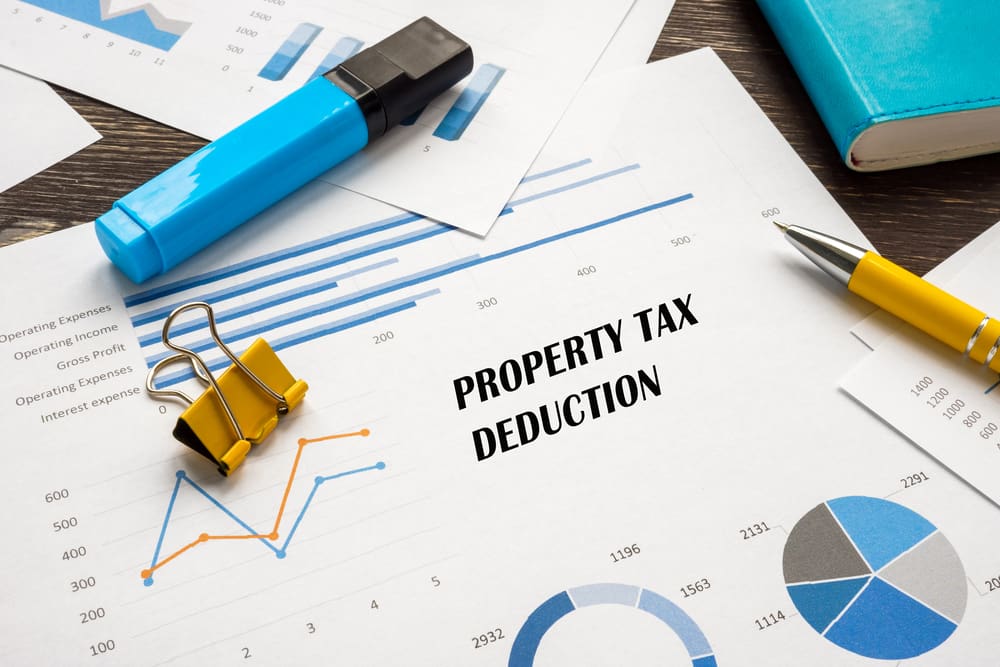Do you have any properties that you lease out to others? Real estate investments can generate monthly income and capital appreciation and provide tax deductions that can lower your taxable income.
However, before proceeding, you must choose your real estate investing style. To what extent do you actively manage your investments or view yourself as a passive investor? Your income and losses will be handled differently depending on your category.
Income and Expense Taxation

The majority of people view real estate investing as a passive pursuit. Nonetheless, the revenue and losses generated by the property are taxed differently depending on your level of participation.
The Property Experts
The IRS considers anyone who devotes more than half their working hours to the rental industry to be a "real estate professional." The process may involve designing, building, purchasing, and overseeing the operation of various properties. You can't call yourself a pro in the real estate rental business unless you spend more than 750 hours a year tending to your investment properties.
The work of real estate agents and brokers is not considered idle time. What you earn is known as "active income," though. If the rental generates revenue, you can utilize the losses to reduce your taxable income and avoid the 3.8% net investment tax.
Instrumental Contribution
For tax purposes, your engagement in a rental property will be considered non-passive if you significantly participated in the venture as a licensed real estate agent. You can deduct your losses against other forms of income and avoid paying the net investment tax as a result.
Active Contribution
A more minimal level of commitment than material contribution is active participation. Those who "make managerial choices in a meaningful and bona fide sense" are considered actively involved by the IRS. Some passive losses may be deductible if you actively engage by making management choices and have at least a 10% stake in the investment.
Passive Activity
However, this is a passive activity if you only invest in a rental property on the side and don't actively manage the business. This only applies to losses incurred from passive activities and can be used to reduce revenue from other passive sources.
That is to say, any losses incurred from the rental property cannot be deducted against other taxable income. Instead, you'll have to wait to recoup those losses through either passive income or a sale of the investment.
Income From Real Estate Rentals

Landlords must disclose all rental income, not only the money tenants pay each month.
Rent
The year you receive the rent payment, not the year it was due or earned, determines whether or not you owe taxes on the money. This also applies to any payments made in advance, which must be counted as income.
Take the hypothetical case of a $1,000 monthly rental with a two-month security deposit and first and final month's rent due at lease signing. It is still necessary to report the entire $2,000 as income, even though $1,000 pertains to a period that may be many years away.
Renter-Paid Expenses
If your renters pay for expenses that they aren't compelled to cover, you can include that money as rent. For the sake of argument, let's say that your tenant also covers the cost of water by deducting that amount from their monthly rent.
If so, you need to account for it as rental revenue. The money spent may then be eligible for deduction as a rent expenditure.
Services Exchange
The fair market value of any tenant's services instead of rent must be counted as rental revenue. If your renter does $1,000 worth of work on the rental property in exchange for one month's rent, you must count that sum as income even if you did not get $1,000 in cash. The $1,000, nevertheless, will count as a legitimate business cost.
Safety-Deposit Keys
Security deposits are not taxed when received to return the funds to the tenant at the end of the lease. The problem arises, though, if your renter fails to comply with the conditions of the lease.
Let's say you charge $500 for a security deposit, and your renter leaves holes in the wall upon moving out, and the repair costs amount to $500. The $500 must be included on your yearly income tax return. All expenditures related to the acquisition and improvement of the property can be written off throughout its "useful life," which is typically calculated to be 27.5 years.
An additional 20% of your qualifying business income may be tax deductible. For the QBI deduction to apply, however, the rental property must "raise to the level of a trade or business within section 162" of the Internal Revenue Code.



